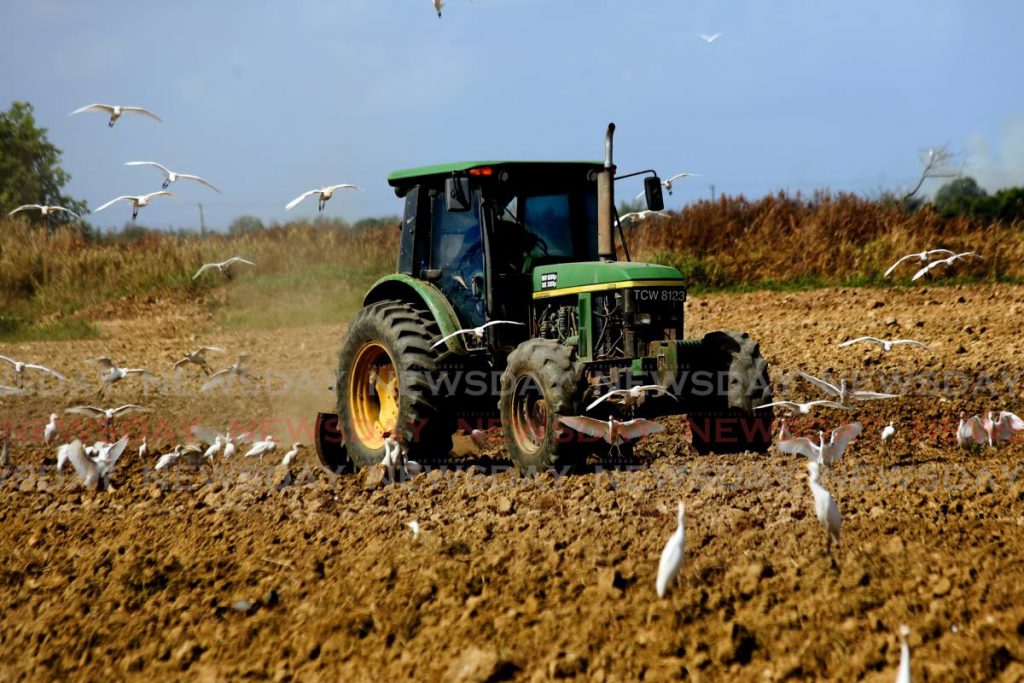Agriculturist: Use more state lands for food security

Agricultural consultant Riyadh Mohammed is questioning the allocation and use of state lands and the actual use of arable land for its intended purpose.
Speaking with Newsday, Mohammed, the lead consultant at Tropical Agriculture Consultancy Services, said the distribution of state lands has raised many questions and has always been problematic and controversial.
The administrative body for state land is headed by the Commissioner of State Lands in the Ministry of Agriculture, Land and Fisheries, who is responsible for issuing licences, rights of way, leases and agreements, special permissions, eviction notices to squatters and advising on termination notices to tenants in breach of agreements.
Mohammed had several questions,
"How much of the agricultural state lands issued to tenants are being fully utilised, under full production capacity or abandoned, how is the evaluation of agricultural productivity measured and what are the repercussions of not being productive?”
He said these concerns should be raised at a time when the world faces a pandemic and food security should be a priority, especially for a small island developing state.
Mohammed pointed out that approximately 52 per cent of the entire acreage of TT was state land. Of this, a rough 64,082 parcels of land were identified, which translated to 151,339 hectares of land in 2016.
“State land dedicated to agricultural production was measured by parcels of land rather than hectares. In Trinidad, agricultural land space was approximated at 31 per cent of the total, while residential was estimated at seven per cent, forests at 48 per cent and state-owned agencies at 14 per cent.”
Mohammed said the lack of utilities on state lands deters productivity and called on the Agriculture Ministry to ensure farmers were outfitted or assisted with an irrigation allowance, farmer protection and product security, usable access roads, electricity for pumps, generators and gates or a sustainable energy source such as solar panel usage, dedicated and co-ordinated market channels, secure contracts with fair prices, and proper storage and post-harvest handling facilities.
“As we continuously depend on food production and nutrition security, it is best to understand what commodities we can produce locally and plot a production and marketing plan that matches both the potential of local food production with customer demand, tastes and preferences.
“Identifying the basic factors of food production and matching them to key performance indicators gives the agri-entrepreneurs the best chance of running the venture as a true business as it should be,” Mohammed said.


Comments
"Agriculturist: Use more state lands for food security"